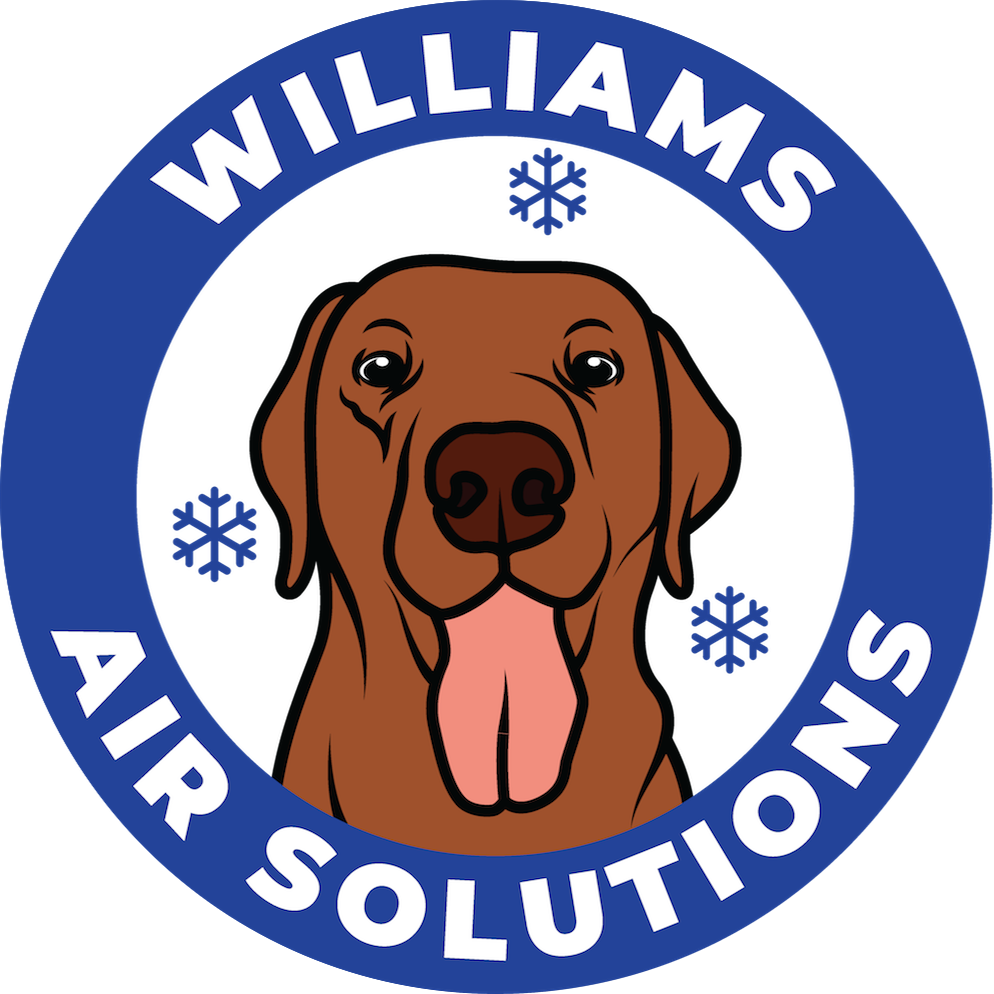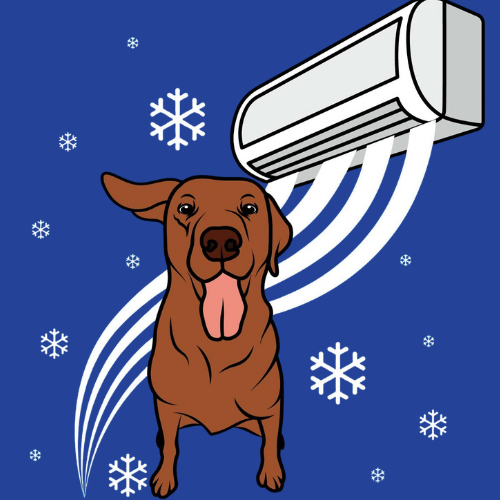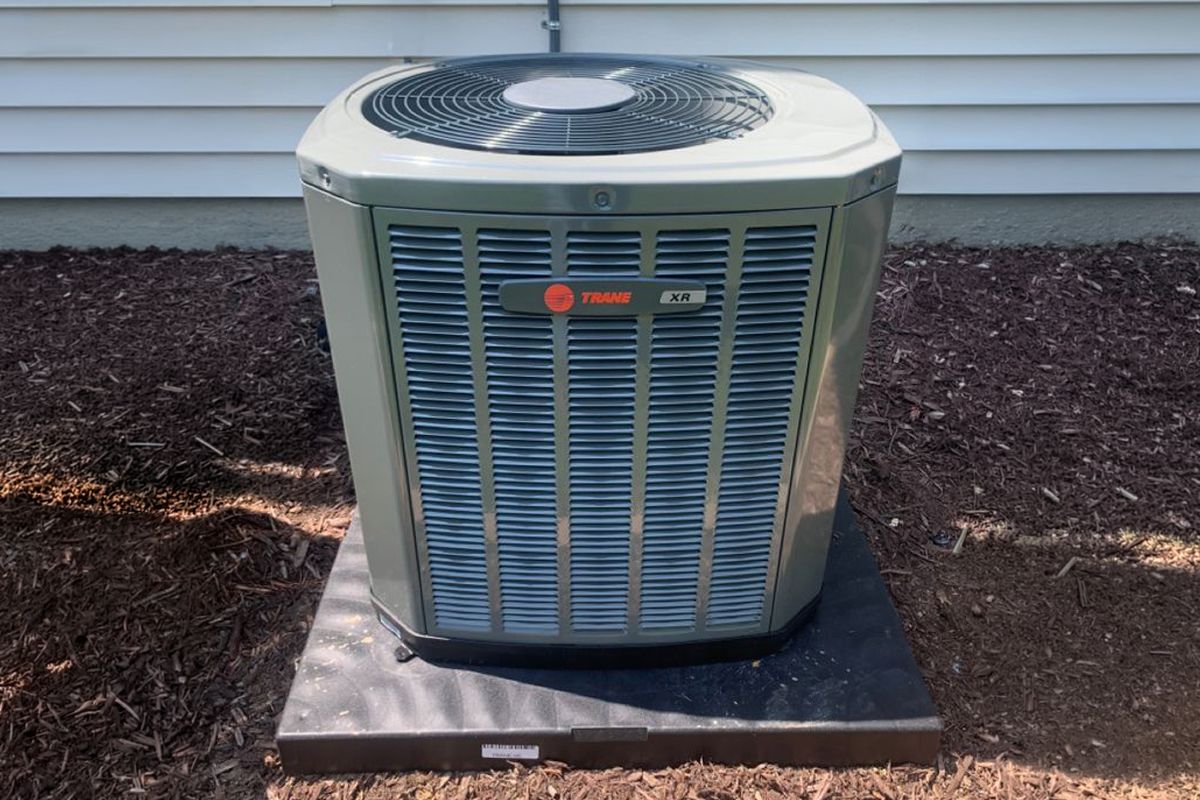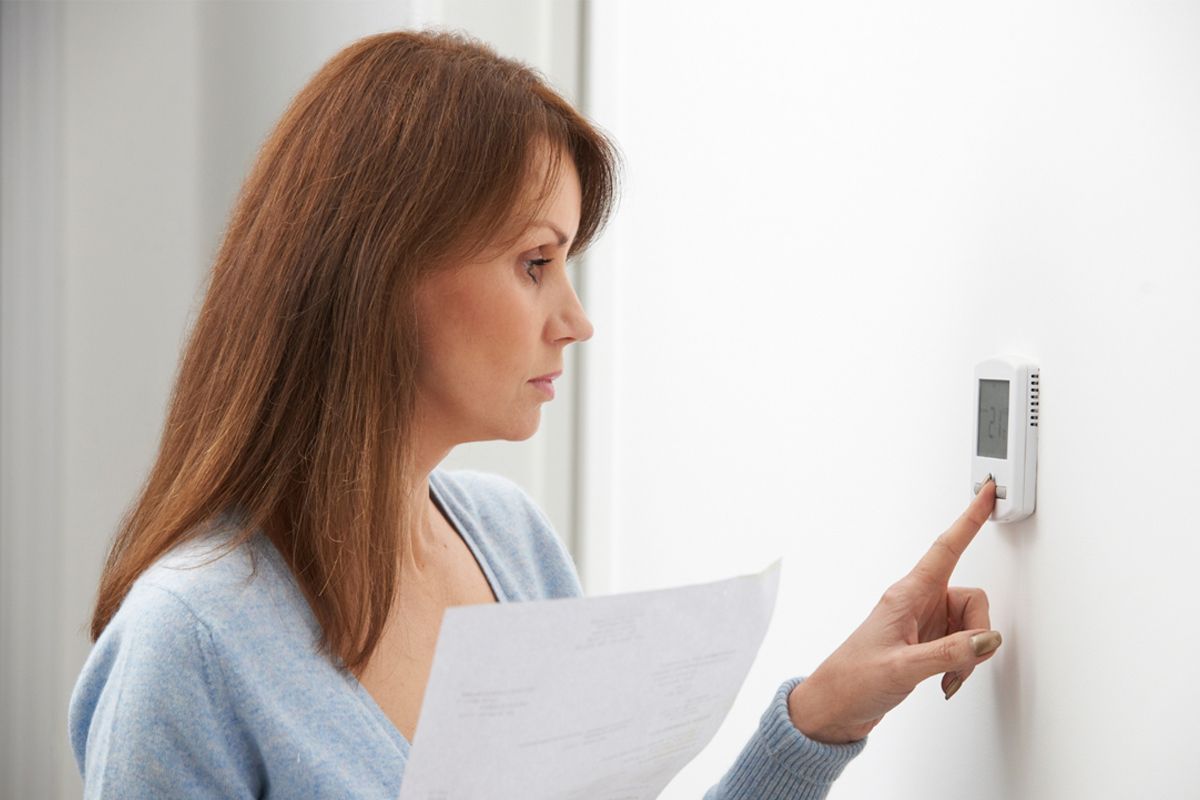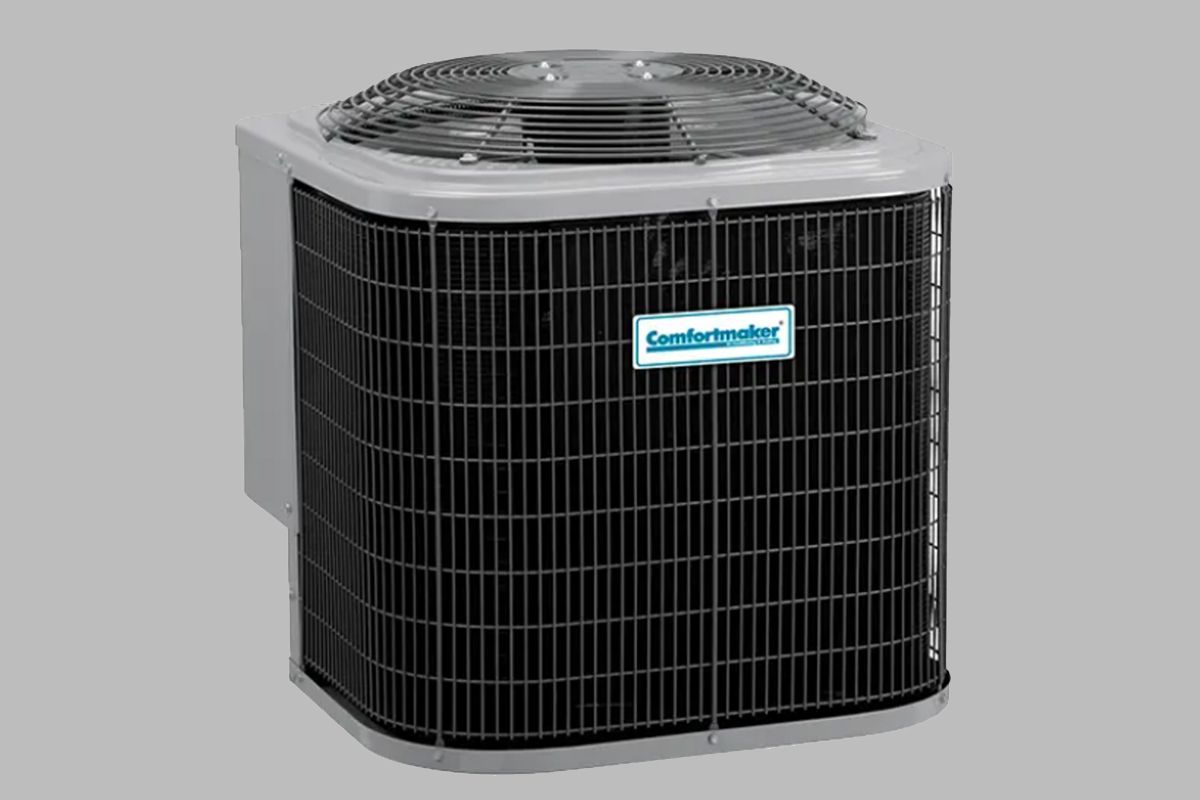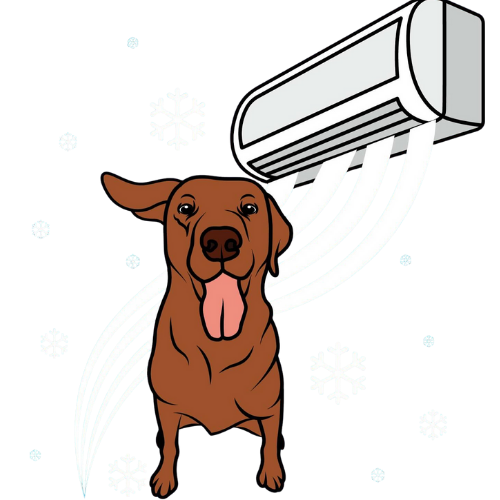Should I Turn Off My AC When a Storm Is Coming?
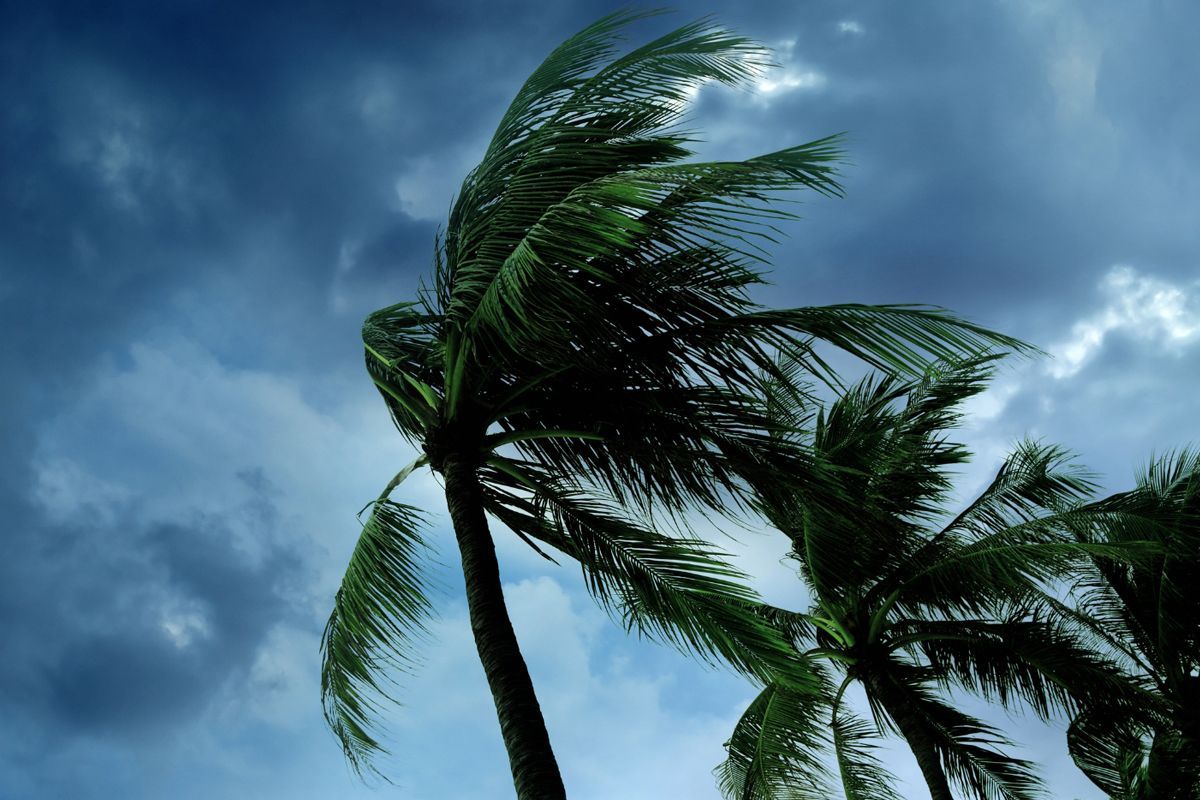
Florida homeowners know that summer storms can come fast and hit hard. From lightning strikes to power surges and flooding, severe weather poses real risks to your air conditioning system.
One of the most common questions we hear at Williams Air Solutions is: Should I turn off my AC when a storm is coming?
The short answer is yes — it’s often the safest move. Turning off your AC before a major storm can protect it from serious damage and help you avoid costly repairs.
Why Turning Off Your AC Before a Storm Is Smart
1. Lightning Strikes Can Damage Electrical Components
Even if lightning doesn’t hit your home directly, nearby strikes can cause powerful voltage spikes through power lines. These surges can fry your compressor, circuit board, or thermostat — often resulting in thousands of dollars in repairs.
Prevention Tip: Turn off your AC at the thermostat and shut off the breaker to fully disconnect the system from power before a storm hits.
2. Power Surges After Outages Can Be Just as Harmful
When power returns after an outage, voltage fluctuations can surge through your HVAC system. Restarting your AC too soon can overload the compressor and electrical circuits.
Prevention Tip: Wait until power is stable for at least 10–15 minutes before turning your AC back on.
3. Flying Debris and Flooding Pose Physical Risks
Outdoor condenser units are tough, but not indestructible. High winds can send branches, patio furniture, or debris into the unit’s fan or coils, while heavy rain or flooding can short electrical components.
Prevention Tip:
- Secure or remove outdoor furniture and objects.
- Cover your AC with a breathable tarp or manufacturer-approved cover (never plastic wrap).
- If flooding is likely, consider shutting off the unit’s power entirely.
4. Running the AC During Storms Can Draw in Moisture
Severe weather often comes with high humidity and airborne contaminants. Running your AC during heavy storms can pull excess moisture and debris into the system, affecting air quality and causing mold growth over time.
Prevention Tip: Shut off your system early and close windows and doors to maintain indoor comfort.
When It’s Safe to Turn Your AC Back On
After the storm passes:
- Inspect the outdoor unit for visible damage or standing water.
- Check power stability — wait for consistent service before restarting.
- Turn the thermostat to “off,” then restore power at the breaker.
- Switch to “cool” mode and set your desired temperature.
If you notice unusual sounds, reduced airflow, or the system won’t turn on, don’t force it — contact a licensed technician to inspect it safely.
Bonus Tip: Install Surge Protection
Adding a whole-home surge protector or dedicated HVAC surge protection device can drastically reduce the risk of electrical damage from lightning and power fluctuations. It’s a simple, cost-effective way to safeguard one of your home’s most valuable systems.
A Clearwater Homeowner Avoids Costly Damage
During a 2024 summer storm, a Clearwater homeowner turned off their AC and breaker before the lightning hit. Their neighbor didn’t. The result? One needed a simple system reset; the other had to replace a $2,000 compressor.
A few minutes of preparation can make all the difference.
Stay Safe, Stay Cool — With Help From Williams Air Solutions
Florida’s storm season is unpredictable, but protecting your AC doesn’t have to be. The team at Williams Air Solutions helps homeowners prepare their systems for summer storms, hurricanes, and everyday reliability.
Call Williams Air Solutions at (727) 353-0090 today for a storm-readiness HVAC inspection or maintenance service.
